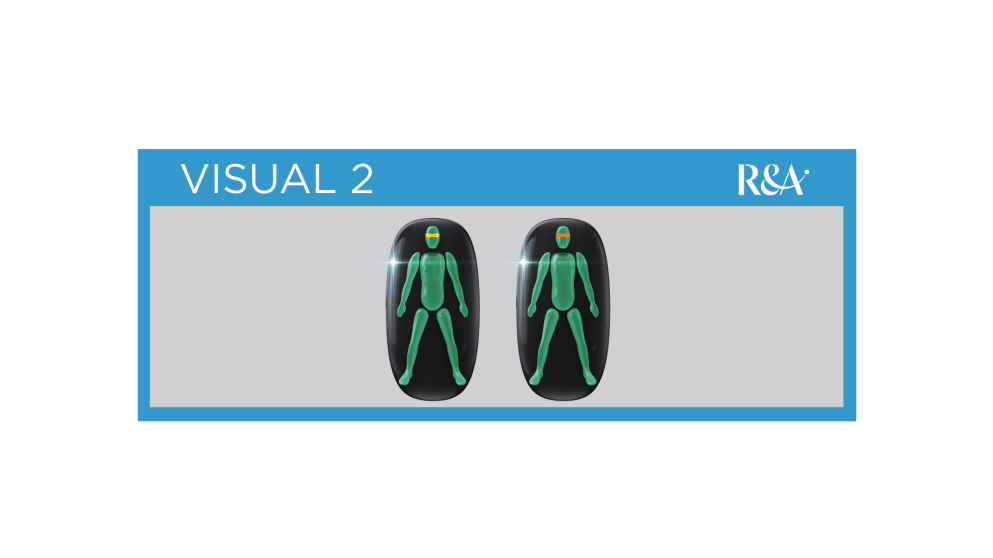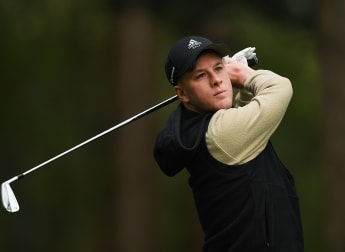The G4D Open at Woburn (May 15-17, 2024) will once again use ‘Sport Classes’ at the second edition of what for many is fast becoming a must-play championship.
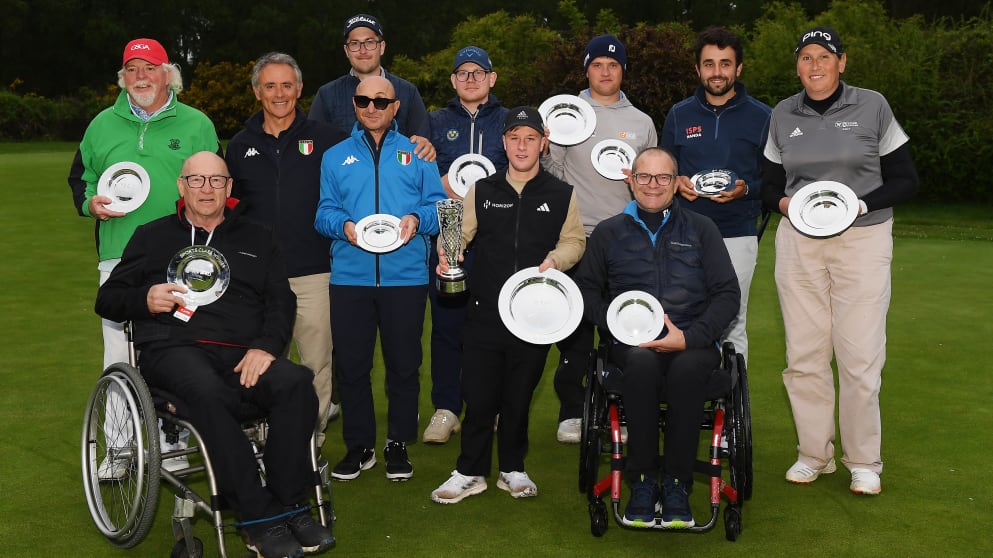
The inaugural event was a leader in the use of Sport Classes, which had been developed to move the game of golf closer to the requirements of the International Paralympic Committee.
All of the 80 qualifying players (via the World Ranking for Golfers with Disability) have a designated Sport Class, and will not only compete in the overall championship but also in their respective classes. At the end of this tournament there will be nine individual, world-leading Sport Class champions alongside the overall leading male and female winners.
The G4D Open therefore ensures that every G4D (golf for the disabled) player can compete in their category for this major international title which will only grow in stature.
Two of these champion golfers will be seated players (Sport Classes Sitting 1 and Sitting 2) who typically, but not always, use a powered chair such as a ‘Paragolfer’ to lift them up into the correct position to swing the club. Two of the winners will have intellectual impairments, such as autism for example (Intellectual 1 & Intellectual 2); a trio will be from three different
‘Standing’ classes, while classes Visual 1 and Visual 2 will be contested for by golfers with a visual impairment.
And because of the Sport Classes, they can justly say they are the best of the best, certainly for this week in golf. Next time they play it might all be different.
World Leading Research
EDGA, the acknowledged expert body in G4D, supports The G4D Open which is staged in partnership between The R&A and the DP World Tour. The Sport Classes were created by EDGA after research and collaboration with leading sport, medical and rehabilitation experts from around the world.
Eligibility and Training Lead for EDGA, Mark Smith said: “It comes down to fairness for players, which is essential in any successful sporting format. The nine classes were created to give all golfers with a disability the opportunity to play in events in which they can compete on a level playing field.
“We wanted to ensure these players have regular access to all the benefits of true competition, something which many non-disabled players take for granted, and that their position in the ‘competitive pathway’ is protected.
Since 2021, EDGA has consulted with Giles Long MBE, a Paralympian gold medalist and inventor of LEXI, to develop illustrative figure icons that can be used by tournament organisers and media to denote players’ eligible impairments ‘at-a-glance’. These gender-neutral figures use traffic-light colours to represent areas where coordination, movement, or vision are impaired.
Green indicates areas that have full function; yellow indicates minor loss of function; orange shows where function is moderately affected; red indicates those areas which have little or no function available for playing golf.
Spectators at events featuring the nine Sport Classes can also follow the field to learn more about each player: how a golfer with a visual impairment sets themselves to play for example, or how a golfer hits with one arm, or swings with an above-knee amputation, or plays from a powered chair.
Belgian player Graham Freeman returns as defending champion of the G4D Open's ‘Sitting 2’ Sport Class. Being a T10 paraplegic and using his Paragolfer, Graham plays off a 10.5 golf handicap index. Given that he doesn’t hit the ball 270-300 yards, he relies on a heightened level of skill that belies his golf handicap. Would any ‘scratch’ or ‘plus’ golfer out there like to take a seat in a Paragolfer and take Graham on?
Similarly, in Sport Class ‘Visual 2’, Scotland’s Barry McCluskey is currently 16th in the World Ranking for golfers who are visually impaired, and plays off a 15 handicap. Barry is no longer an independent golfer (he needs a guide to accompany him), but he is still a competitive golfer, and rightly wants to be the best in his class.
The Sport Classes explained
Sport Class: Intellectual 1 – Players with intellectual impairment and/or Downs Syndrome.
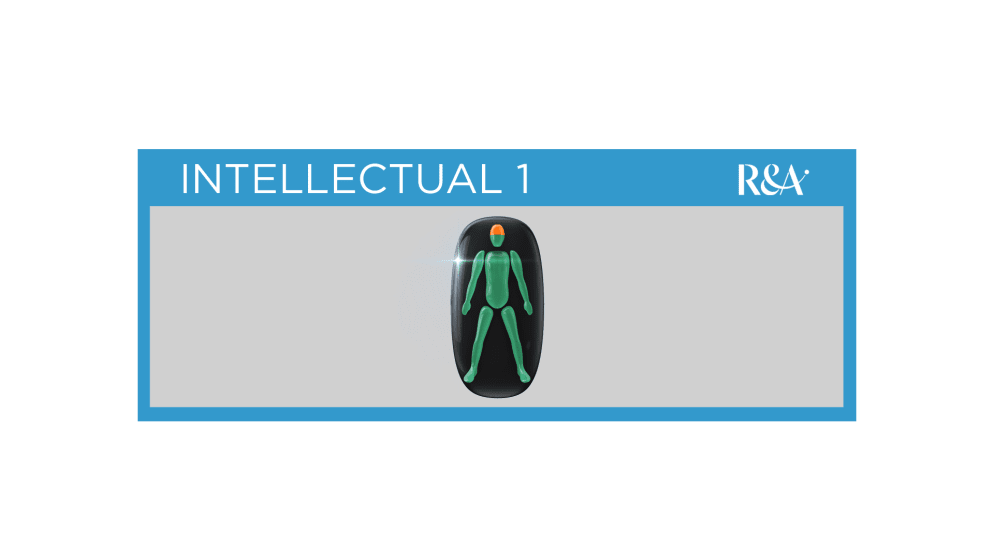
Cameron Pollard, 25, from Australia has a handicap index of 1.8 and is World Ranked 29 (Gross).
Cameron has Autism but also Ehlers-Danlos syndrome, a disorder that impacts connective tissues. His Autism affects the way he connects with people and interacts with them. He loves practice and competition, becoming the 2022 PGA of Australia All Abilities Champion.
Sport Class: Intellectual 2 – Players with autistic spectrum disorder (ASD).
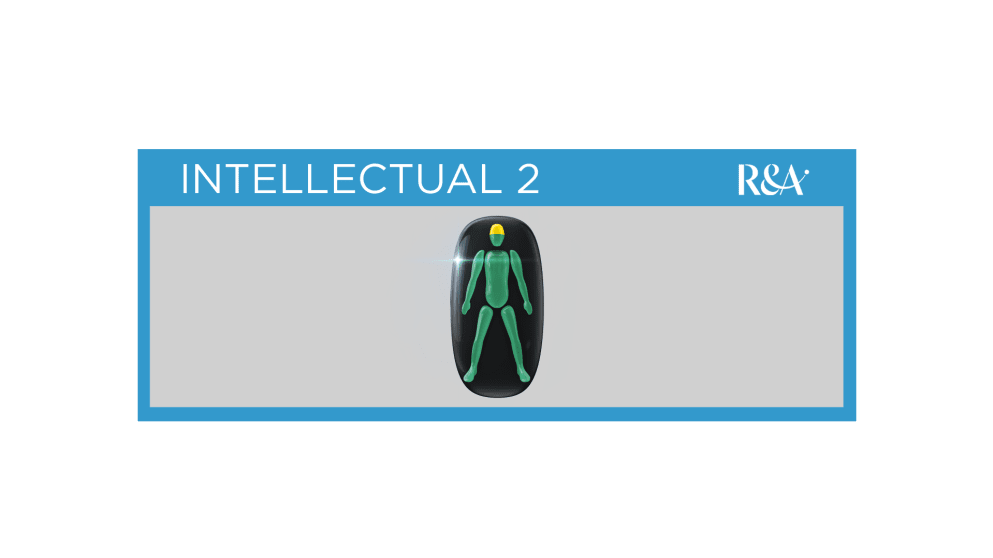
Autism spectrum disorder (ASD) is a developmental disability caused by differences in the brain. People with ASD often have problems with social communication and interaction, and have different ways of learning. Erika Malmberg from Sweden will tell you about the acute anxiety she can feel on the first tee on any competition day, but she nevertheless had the courage to take the opening tee shot in the first G4D Open last year in front of assembled spectators.
Sport Class: Standing 1 – Players with impaired static standing balance with multiple limb impairments or severe single lower limb impairments, likely to lose balance during or after making the shot. Includes players with significant bilateral arm impairments requiring the use of long-shafted clubs.
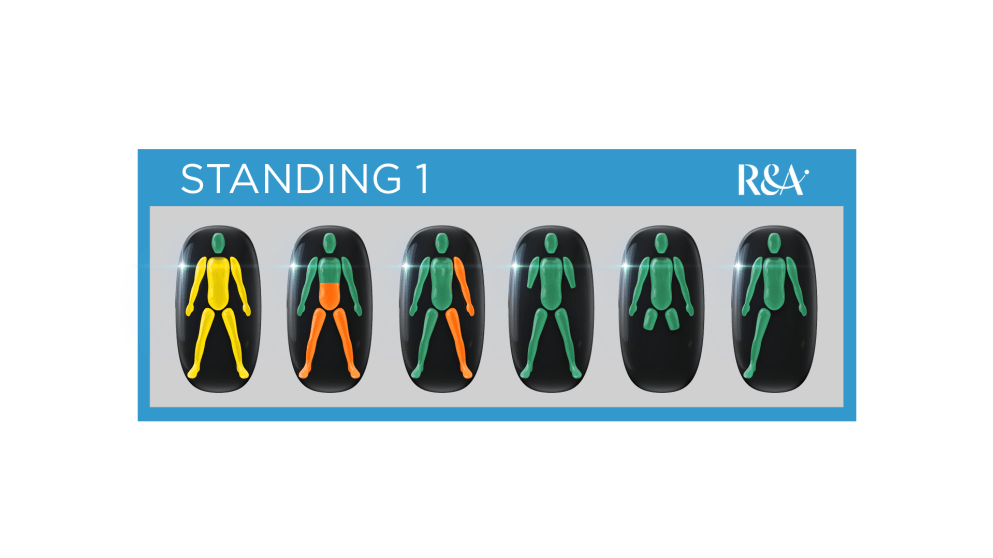
England’s Tony Lloyd was born with bilateral upper limb phocomelia (he refers to this as having elbow-length arms with no hands). What he doesn’t say is just how good a player he is off his single-figure handicap. Using longer clubs, Tony creates all his power from a turning of his core, supporting the club under his armpits.
Sport Class: Standing 2 – Players with impaired dynamic standing balance, but able to stand on two legs, with prosthetic limbs if required. Able to maintain standing balance throughout and after making the shot.
Luisa Ceola, 54, from Italy, has a golf handicap index of 14 and a World Ranking of 50 (Nett).
She has endured a lifelong struggle with a rare genetic condition affecting her legs, joints, spine and circulation. Luisa won the Italian Open for Golfers with a Disability and the EDGA President’s Cup in 2023.
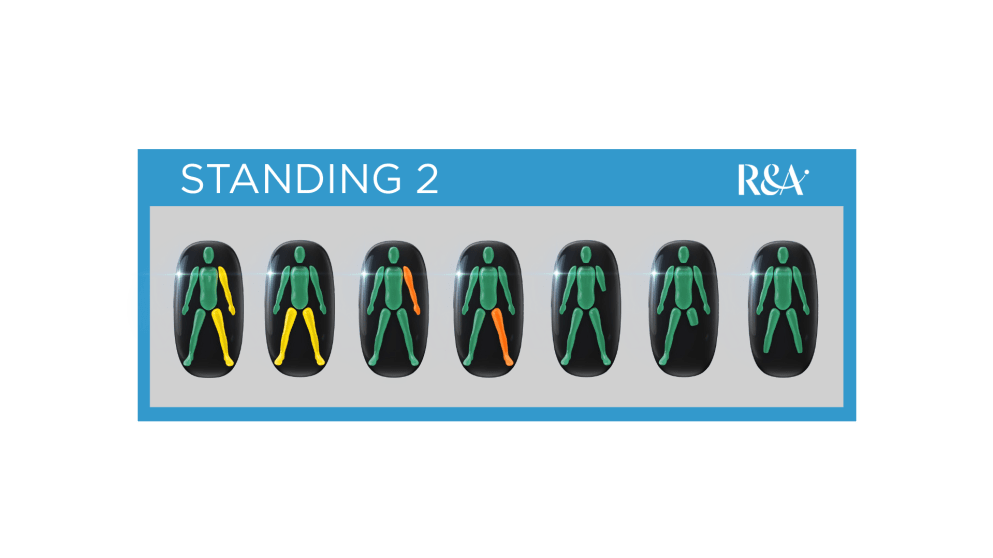
Sport Class: Standing 3 – Players with good dynamic standing balance and mobility, able to grip the club with two hands and swing without losing balance or grip. Usually walking the course using a golf cart or carrying clubs.
Dutch player Daphne van Houten plays off a 1 handicap and is World No: 1 (Female). The 25-year-old, born with Scoliosis, explains: “Because I can’t turn my hips separately from my shoulders/upper body, I can’t get a lot of swing speed and I lose some distance compared with others. So, you have to find different ways to generate more speed, or be better at other elements in golf like the short game.”
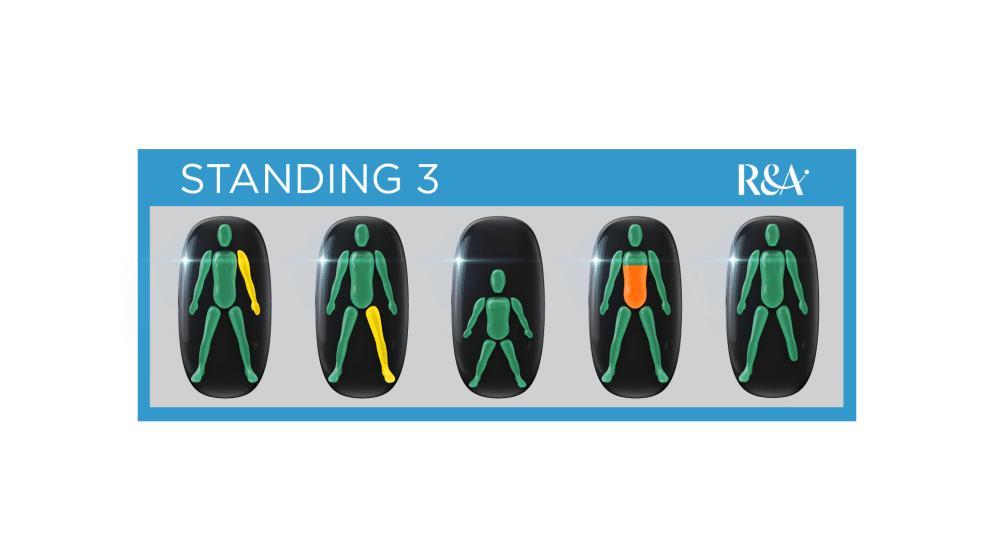
Sport Class: Sitting 1 – Players with impaired trunk control, lack of consistent static sitting balance and no independent standing balance.
Terry Kirby, 68, from England has a World Ranking of 37 (Seated, Stableford). In his late thirties a tumour found on his spinal cord put him in a wheelchair. Relearning golf, today he sits on his Patterson buggy and holds on with his left hand to provide stability that is missing from his lack of abdominal strength, while creating a wide swing using his right arm (‘forehand’) to deliver clubhead speed.
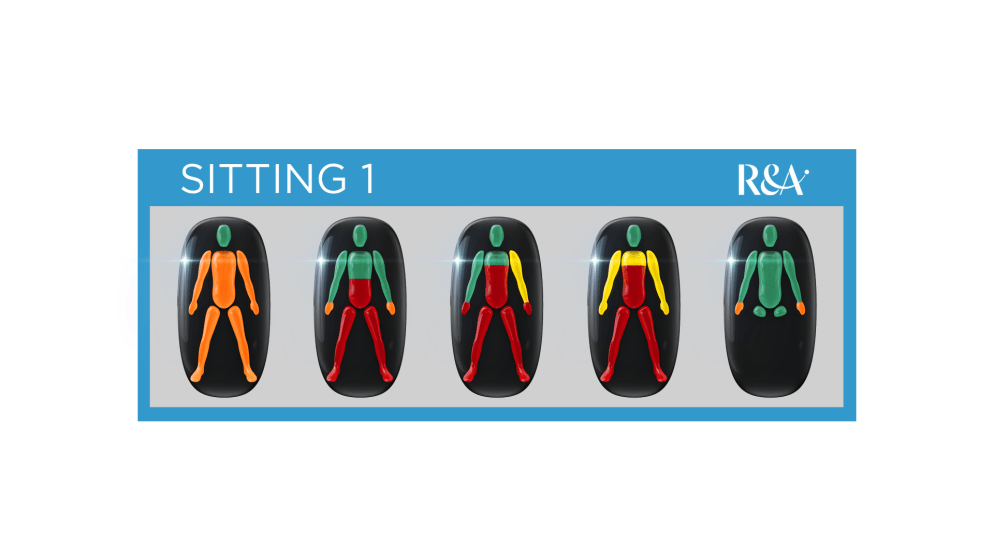
Sport Class: Sitting 2 – Players with active trunk control, dynamic sitting balance, minimal unsupported standing balance and unable to play standing without support.
Graham Freeman is a T10 paraplegic who has active trunk control and dynamic sitting balance, enabling him to make an effective upper body turn throughout the swing. The Belgian player’s hand-eye co-ordination and acquired skills create consistency off his 10.5 handicap that bring him tournament success in his class.
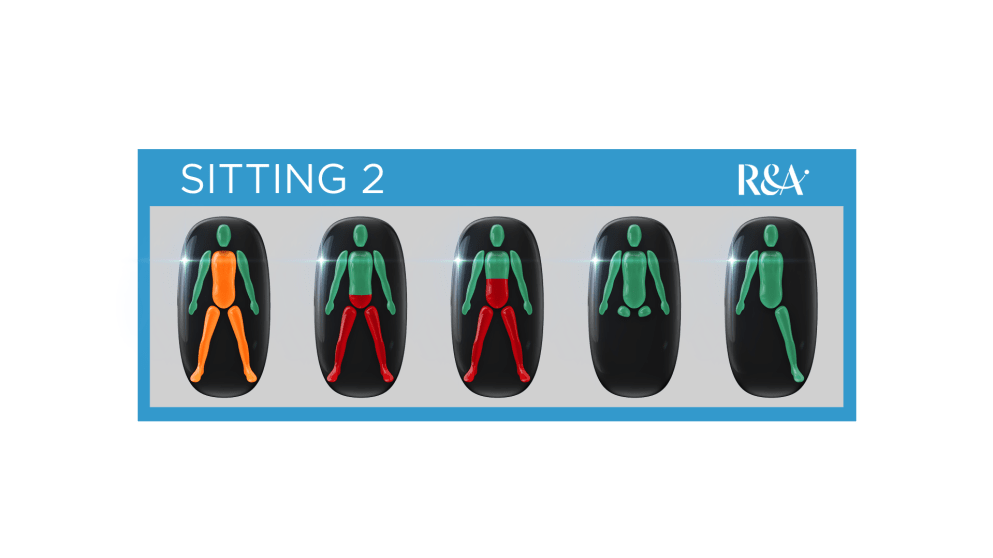
Sport Class: Visual 1 – Totally blind.
Paul O’Rahilly, 60, from Ireland, has a golf handicap index of 36.20. Paul sees golf as a team effort between player and guide, with the guide helping Paul to line-up and take his stance, relaying relevant factors regarding the course and conditions that help Paul to play his best golf.
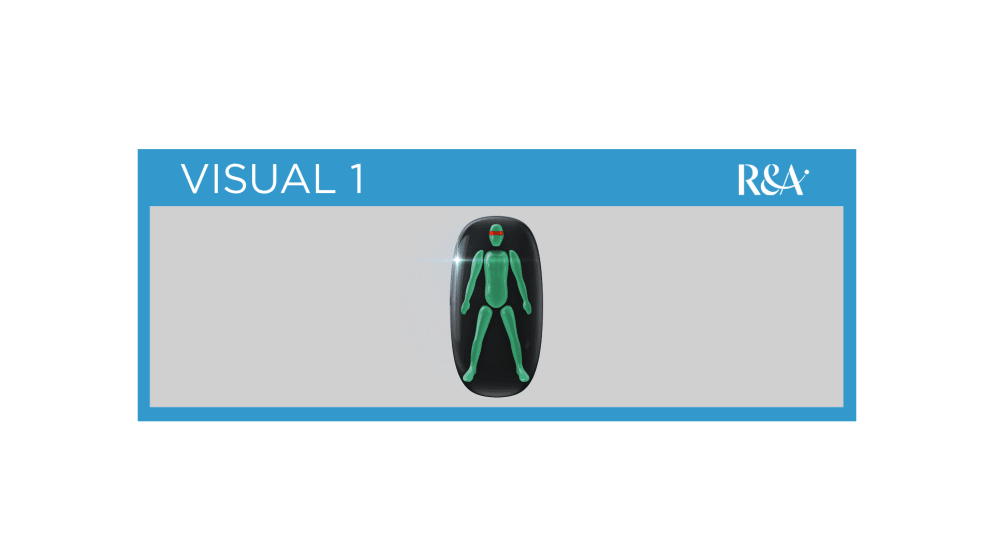
Sport Class: Visual 2 – Significant visual impairment.
With his visual impairment, Scotland’s Barry McCluskey can see the ball at his feet, but as soon as he strikes the ball he is unable to see where it goes. Furthermore, due to his disability Barry cannot judge distances, or the slopes on greens, thus relying on his guide throughout the round.
